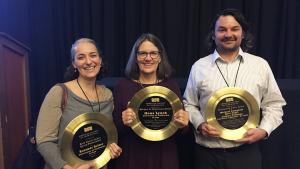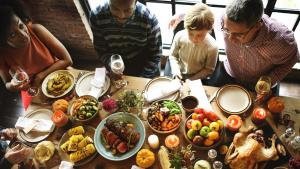Two faculty win criminology awards
November 29, 2017
Two faculty members in the Department of Criminology, Law and Society were honored with awards at the American Society of Criminology conference in November. Assistant Professor Keramet Reiter was honored with the Ruth Shonle Cavan Award for Young Scholars, while Professor Mona Lynch was honored with the Michael J. Hindelang Award for her book "Hard Bargains."









